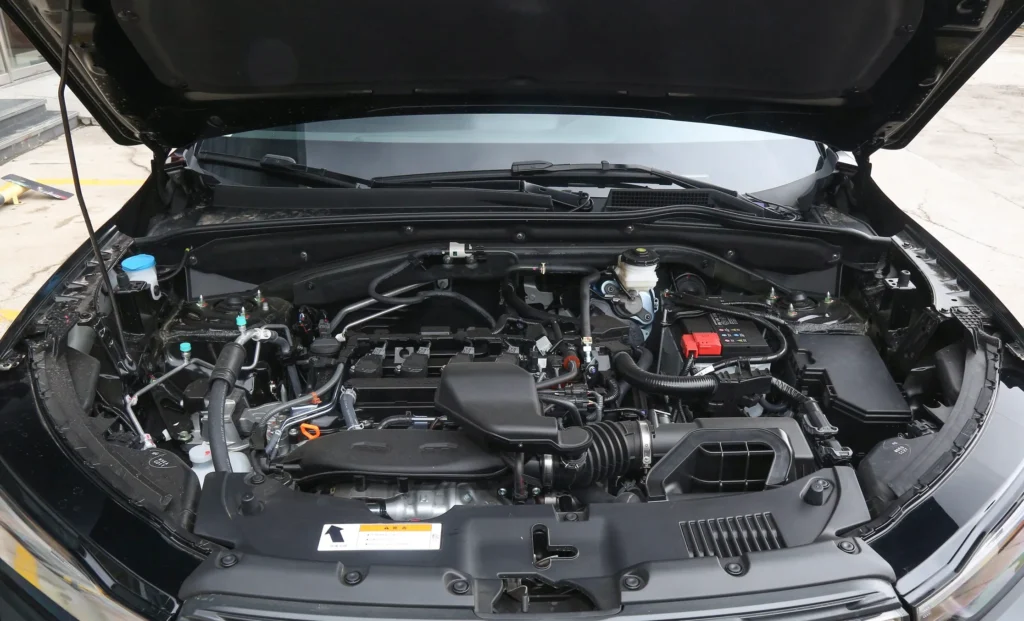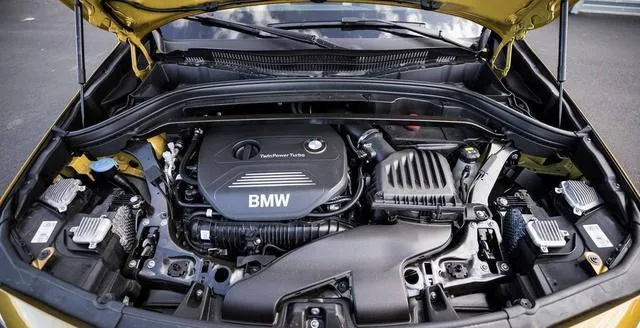Selecting the right connector is crucial for ensuring the reliability and safety of a vehicle’s electrical system. Automotive connectors need to meet technical requirements and address various challenges encountered in practical applications. Here are the key factors to consider when choosing automotive connectors
Electrical Performance
Selection Factors
- Current and Voltage Ratings: Choose connectors that match the electrical system’s current and voltage requirements to ensure stable current transmission and voltage control.
- Contact Resistance: Low contact resistance can reduce energy loss and heat generation, improving connection efficiency and reliability.
Tips
- Ensure the connector’s rated current and voltage exceed actual usage needs to provide a higher safety margin.
- Select connectors with low contact resistance to minimize energy loss and heat.
Environmental Tolerance
Selection Factors
- Temperature Resistance: Automotive connectors need to withstand extreme temperature variations, including both high and low temperatures.
- Vibration and Shock Resistance: Connectors should have good vibration and shock resistance to cope with vibrations and impacts during vehicle operation.
Tips
- Choose connectors that meet automotive environmental standards to ensure stability under various climatic and operational conditions.
- Ensure connectors have good sealing performance to prevent ingress of moisture, dust, and other contaminants.

Installation and Maintenance
Selection Factors
- Ease of Installation: Choose connectors that are easy to install and connect, which simplifies the installation process and reduces maintenance and replacement time.
- Maintenance Requirements: Consider the maintenance needs of the connector, opting for designs that are easy to inspect and maintain.
Tips
- Opt for modular or detachable designs to facilitate maintenance and replacement.
- Ensure the connector’s installation method aligns with the vehicle’s design and layout to simplify the installation process.
Size and Shape of the Connector
Selection Factors
- Size Compatibility: Choose connectors that fit the vehicle’s space and layout, ensuring effective installation within limited space.
- Shape Design: The connector’s shape should meet the vehicle design requirements and facilitate wiring and operation.
Tips
- Select compact designs to accommodate installation requirements in tight spaces.
- Ensure the connector’s shape aligns with the vehicle’s internal design to avoid installation conflicts.
Compatibility and Standards
Selection Factors
- Compatibility: Choose connectors that are compatible with the vehicle’s system to ensure proper integration with existing systems or components.
- Standard Certifications: Opt for connectors that comply with automotive industry standards to ensure quality and performance meet industry requirements.
Tips
- Review the vehicle manufacturer’s technical requirements to ensure the selected connector is compatible with the vehicle’s system.
- Choose connectors that are certified by relevant standards (such as ISO, DIN, etc.) to ensure quality and reliability.
Selecting the right automotive connector not only enhances the performance of the vehicle’s electrical system but also significantly improves its stability and reliability. By considering these factors comprehensively, you can find the most suitable connector to ensure efficient operation and long-lasting durability of the vehicle system.

